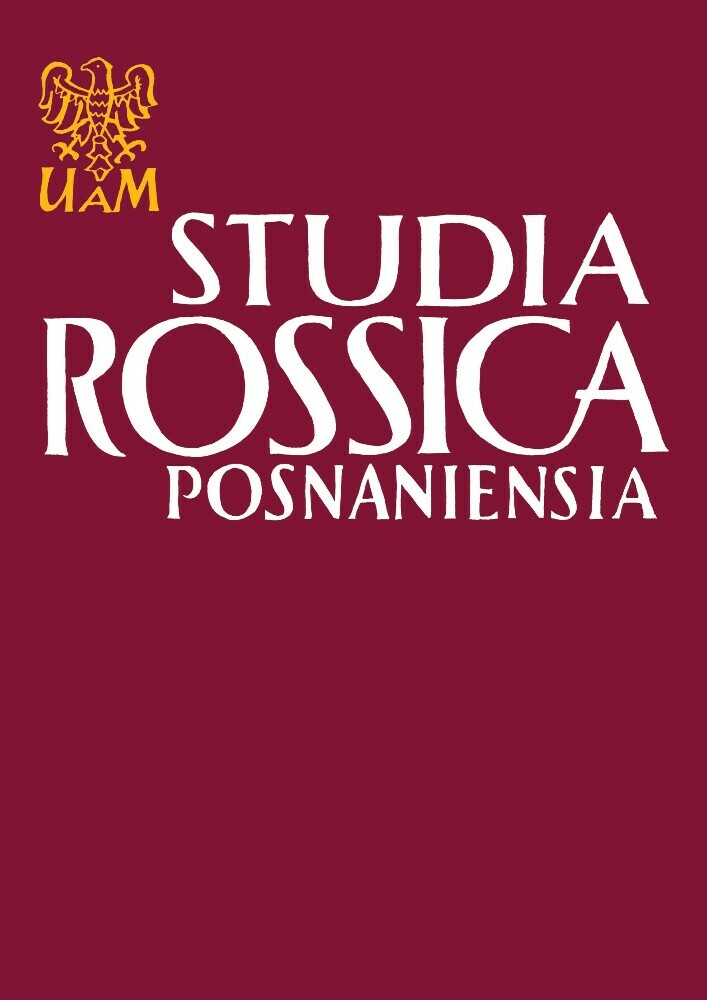Abstrakt
The author concentrates on the typically Russian structures with predicate рад, which expresses joy, and their Polish equivalents. It turns out that, apart from dictionary counterparts (rad, cieszyć się), also other lexemes with similar meaning (zadowolony, miło, przyjemnie) appear. As a result, sentences containing such structures are semantically similar, even if they differ syntactically. The use of some forms (e.g.: рад /miło mi) is, in some situations, a sign of obeying certain social norms of behavior.Licencja
Copyright
© 2013 Uniwersytet im. Adama Mickiewicza w Poznaniu
OPEN ACCESS
